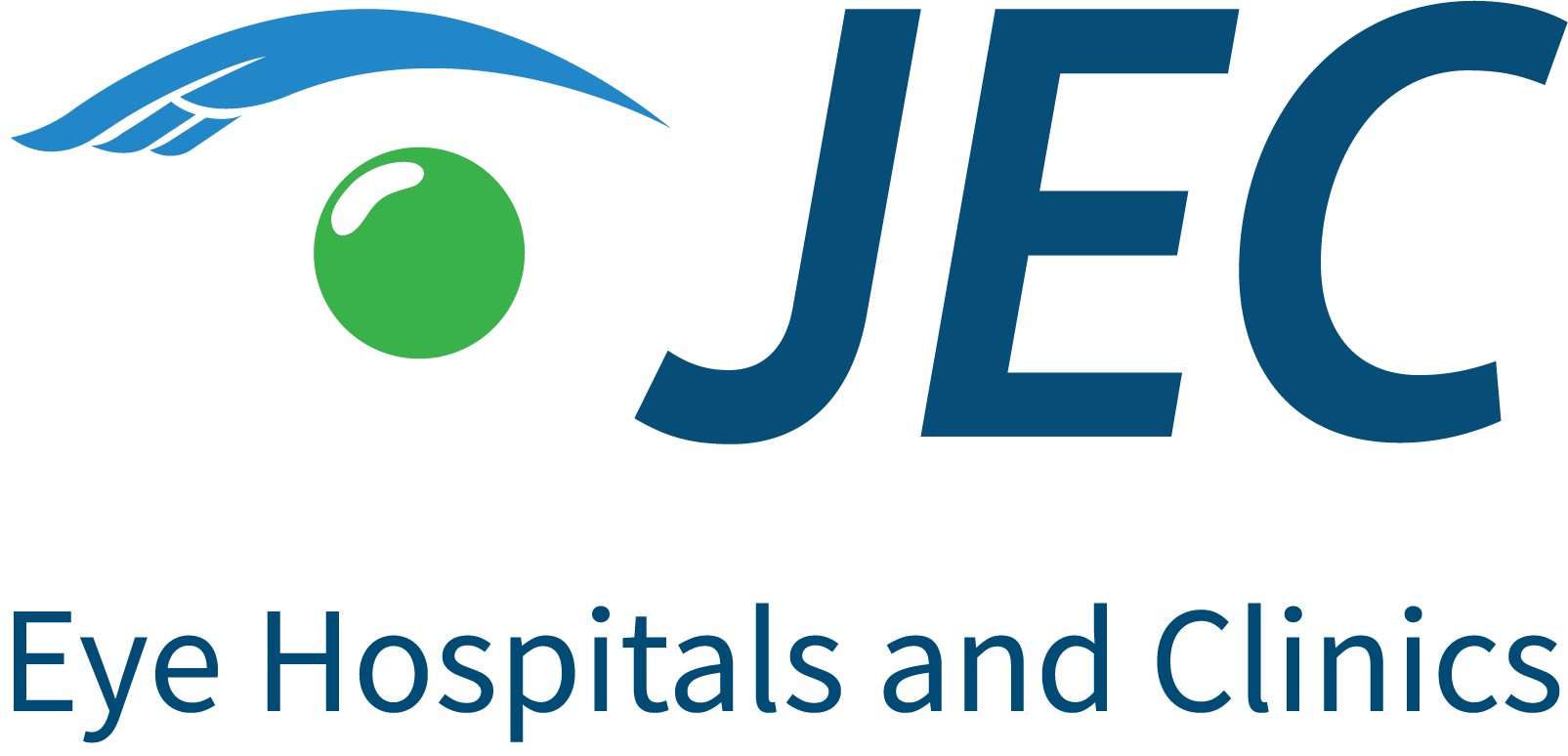Our Services
149,878 views
Orthokeratology (Ortho-K)
Orthokeratology is a procedure of using a special design rigid gas permeable contact lens at night during sleep to reshape the corneal surface with the aim of eliminating refractive errors (minus and cylindrical eyes) and inhibiting the increase in minus in children whose minus is rapidly increasing. Special design rigid gas permeable contact lenses used for this purpose are called Orthokeratology contact lenses or abbreviated as Ortho-K lenses or Ortho-K contact lenses.
Ortho-K contact lenses work at night (while sleeping), where the rigid Ortho-K lenses slowly form the front surface of the cornea, flattening the cornea, so that after the Ortho-K contact lenses in the morning when you wake up, the user can seeing clearly.
As of now, there is no age limit for Ortho-K users. The Ortho-K program can be an option for those who cannot use contact lenses due to allergies, discomfort, and dry eyes. Ortho-K is also suitable for users who are active in sports and work in dusty or outdoor environments, which can cause problems with contact lens wear. Likewise, for those who are too young to perform refractive surgical procedures such as LASIK or ReLEx SMILE, Ortho-K can be an alternative.
Many studies have been conducted, from various short and long term studies on the use of Orho-K, the results are very satisfactory. Ortho-K has been shown to be able to reduce the progression of myopia (myopia) and control its increase compared to eyeglass users.
It is noted that Ortho-K has several advantages, namely it is non-invasive, does not require surgery, and is temporary. Once the user stops using Ortho-K, the cornea will return to its original shape a few days later, so the user can return to wearing glasses or contact lenses whenever they want. And users can undergo LASIK or ReLEx SMILE after the use of Ortho-K is stopped for a certain period of time.
Ortho-K is a very safe therapy. Although there is a potential risk of infection, various studies state that the possibility of infection caused by Ortho-K is very small. This risk can also be avoided by having regular consultations with an ophthalmologist who specializes in contact lenses and maintaining the cleanliness of Orhto-K contact lenses and their fluids. The rigid Ortho-K lens material with high oxygen permeability can also prevent the attachment of bacteria to the surface, compared to soft contact lenses.
Our Care Team
Head Of Service
Member of Services
.jpg)
DR. Dr. Vidyapati Mangunkusumo, SpM(K)
Cataract , LASIK , Cornea , Contact Lens , SMILE PRO.jpg)
DR. Dr. Vidyapati Mangunkusumo, SpM(K)
Cataract , LASIK , Cornea , Contact Lens , SMILE PRO

Dr. Muhammad Irfan, M.Kes, Sp.M, M.HPE, FIACLE
Cataract , LASIK , Contact Lens , Low Vision , SMILE PRO



 INA
INA, FIACLE-e796280677.jpg)
.jpg)


.jpg)